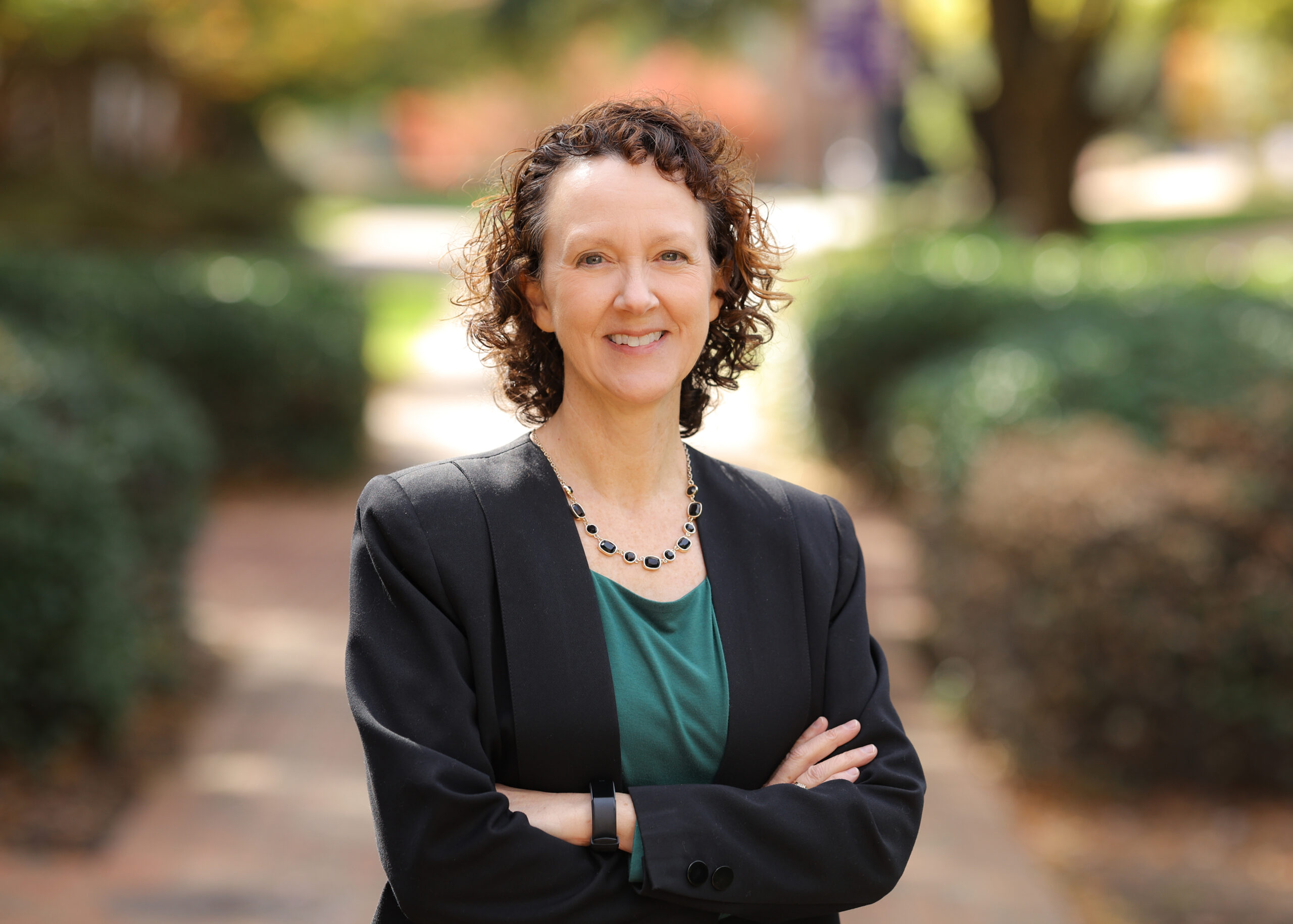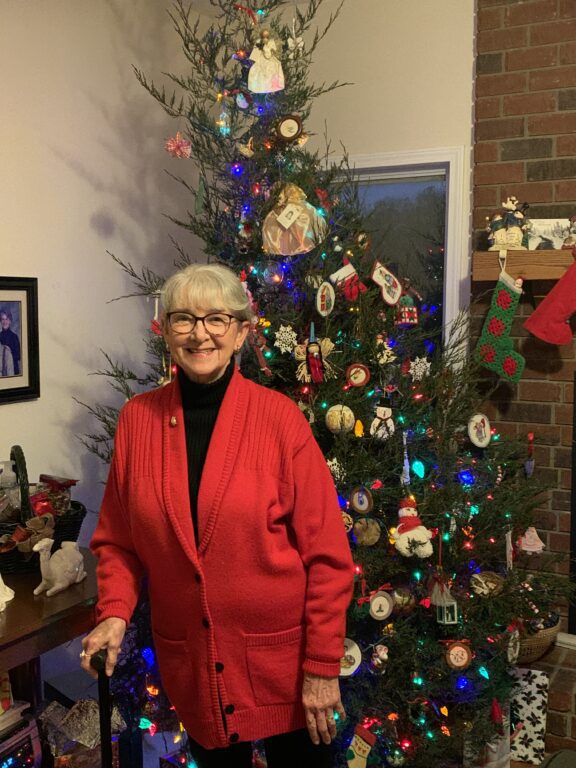Women’s History Month: Professor Danielle Vinson shares her thoughts on progress

Women’s History Month at Furman
Read more stories >>
For Women’s History Month, we asked a few Furman University faculty members to tell us about challenges and progress in their careers, and what they think is necessary to bring us closer to equity. We heard from Victoria Turgeon, professor of biology, academic director of Prisma Health Partnership and faculty ombuds; Danielle Vinson ’89, professor of politics and international affairs; and Cynthia King, associate dean for Diversity, Equity, and Inclusive Excellence and professor of communication studies.
After graduating from Furman, Vinson earned her master’s and doctoral degrees from Duke University. She joined the faculty at Furman in 1995 and served as chair of the political science department from 2009 to 2015. Among her honors are the 2001 Meritorious Advising Award and the 2019 South Carolina Independent Colleges and Universities Teaching Award.
Q: Describe the state of women in your field when you started.
DV: I was the only woman in my department (11 people total) and was often the only woman or one of a handful of women at panels on Congress at scholarly conferences. The political communication panels were much more diverse.
Q: What’s been the most significant development for progress for women in your field?

Diane Vinson worked her way up from switchboard operator to management at a large national communications company.
DV: There are lots of women in my department, and some of the best known names doing scholarship on Congress these days are women.
Q: Who has inspired you?
DV: My mom, Diane Vinson, inspired me. She worked her way up from switchboard operator to management at what is now AT&T at a time when women were often overlooked for promotions, almost never received equal pay even for superior work, and frequently had to deal with open sexual harassment in the workplace. She got promoted by doing exceptional work. She taught me how to stand up for myself and how to pick my battles and focus on what is most important. And in her years in management, she was an encouraging mentor to other women. She celebrated the successes of the women she worked with. She’s been an excellent role model and wise counselor.
Q: What’s the biggest challenge for women today, in your field or in general?
DV: Trying to find balance. As academia has become more inclusive, women are often called on to serve on more committees and in administrative capacities. We want to spend time mentoring students, and we also want to continue to do research in our fields. All of those are good things, but it’s sometimes difficult to do them all well.
Q: What one thing needs to happen for women’s progress to continue?
DV: Improved family leave policies, particularly expanding childcare and elder care. While things have improved, women often still bear a disproportionate load in carry for families—including children and aging parents. Many women still have to step out of the workforce or scale back on what they can do in their jobs to care for family at different points in their careers.